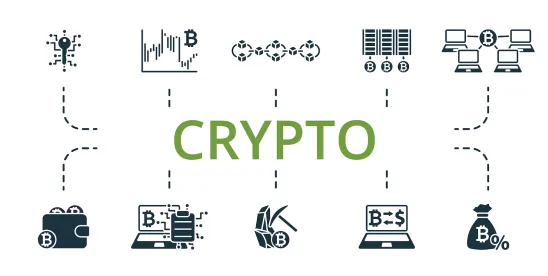In prepared remarks at the SEC’s roundtable on tokenization held May 12, 2025, SEC Chairman Paul Atkins provided a roadmap for the SEC’s future efforts involving crypto and digital assets. A “key priority,” Atkins declared, “will be to develop a rational regulatory framework for crypto asset markets that establishes clear rules of the road . . . while continuing to discourage bad actors from violating the law.”
Chairman Atkins cited President Trump’s desire for the US to be the “crypto capital of the planet,” and promised to coordinate with the Administration and Congress. Atkins announced that SEC policy “will no longer result from ad hoc enforcement,” but instead the SEC will use “rulemaking, interpretive and exemptive authorities to set fit-for-purpose standards for market participants.”
Atkins then turned to three areas of focus for crypto assets: issuance, custody and trading. As to issuance, Atkins intends for the SEC to establish clear guidelines for distributions of crypto assets that are securities or subject to an investment contract. He referenced recent SEC staff statements on digital assets and alluded to several accommodations the SEC could make to its rules and procedures to advance this goal. Atkins also asked the SEC staff to consider whether additional guidance, registration exemptions or safe harbors are necessary.
On custody, Atkins announced his support for providing greater optionality. He hopes to provide clarity on the status of “qualified custodians” under the Investment Advisers Act and the Investment Company Act, as well as to consider whether it is necessary to repeal and replace the “special purpose broker-dealer” framework, which is utilized by only two entities.
Finally, on trading, Atkins is in favor of providing a broader variety of financial products on trading platforms, including permitting trading of both securities and non-securities in a single venue. In an effort to prevent registrants from going offshore to innovate with blockchain technology, Atkins would also like to explore whether conditional SEC exemptions would be appropriate to level the playing field between offshore and US regulation.




 />i
/>i


